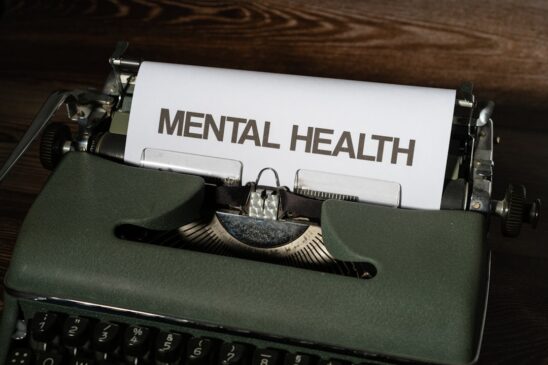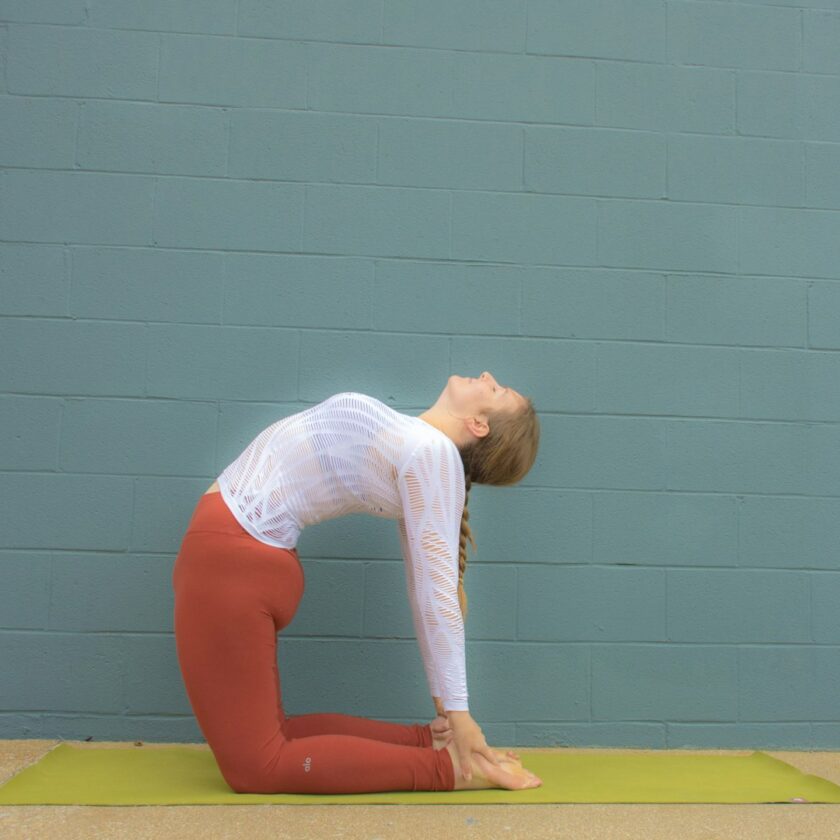Mental health is an essential component of overall well-being, yet many people overlook its importance in their daily lives. Practicing regular mental health exercises can help reduce stress, enhance emotional resilience, and promote a more positive mindset.
Why Mental Health Exercises Matter
Engaging in mental health exercises can lead to numerous benefits, including:
- Improved mood and emotional regulation
- Reduced symptoms of anxiety and depression
- Enhanced self-awareness and self-acceptance
- Better stress management techniques
Incorporating these practices into your routine can foster a healthier, happier mind. Here are ten effective mental health exercises to consider:
1. Mindfulness Meditation
Mindfulness meditation involves paying attention to the present moment without judgment. This practice can help reduce stress and improve your emotional well-being.
- Find a quiet place to sit comfortably.
- Close your eyes and breathe deeply.
- Focus on your breath and observe your thoughts without engaging with them.
- Start with just 5-10 minutes a day and gradually increase your time.
2. Journaling
Writing down your thoughts and feelings can provide clarity and a sense of relief. Journaling helps to process emotions, track progress, and set goals.
- Dedicate 10-15 minutes each day to write.
- Focus on your feelings, daily events, or gratitude lists.
- Don’t worry about grammar or spelling; just let your thoughts flow.
3. Physical Activity
Exercise is not just beneficial for physical health; it also plays a significant role in mental health. Regular physical activity can boost endorphins and improve your mood.
- Choose an activity you enjoy: walking, dancing, yoga, or swimming.
- Aim for at least 150 minutes of moderate exercise weekly.
- Incorporate movement into your day, such as taking the stairs instead of the elevator.
4. Progressive Muscle Relaxation (PMR)
PMR is a technique that reduces stress and anxiety by tensing and relaxing different muscle groups. It can increase your awareness of physical sensations and promote relaxation.
- Find a comfortable position, either sitting or lying down.
- Start at your feet, tense the muscles for 5 seconds, then relax.
- Move up through your body, repeating the process in each area.
5. Deep Breathing Exercises
Deep breathing helps calm the mind and reduce feelings of anxiety. It can be practiced anytime and anywhere.
- Inhale deeply through your nose, allowing your abdomen to expand.
- Hold for a few seconds, then exhale slowly through your mouth.
- Repeat for 5-10 minutes, focusing on your breath.
6. Social Connections
Building and maintaining healthy relationships can be a powerful way to improve your mental health.
- Reach out to friends or family for regular check-ins.
- Join clubs or groups that interest you to meet new people.
- Consider volunteering, which can also fulfill social needs while helping others.
7. Nature Walks
Spending time in nature has been shown to reduce stress and promote feelings of happiness.
- Take a walk in a local park or nature reserve.
- Engage your senses: notice the sights, sounds, and smells around you.
- Try to practice mindfulness during your walk, focusing on the moment.
8. Art Therapy
Creating art can be a therapeutic way to express emotions and relieve stress. You don’t need to be an artist to benefit from this exercise.
- Gather materials like paints, pencils, or even coloring books.
- Allow yourself to create freely without worrying about the end product.
- Consider using art as a way to visualize feelings or experiences.
9. Gratitude Practice
Practicing gratitude can shift your focus from negative thoughts to positive ones, helping to improve your overall outlook.
- Keep a gratitude journal where you write down three things you are thankful for each day.
- Reflect on the positives in your life when feeling overwhelmed.
- Share your gratitude with others to strengthen relationships.
10. Seek Professional Help
Sometimes, the best exercise for mental health is seeking support from professionals. Therapists or counselors can provide guidance and tools tailored to your needs.
- Research local mental health professionals or online therapy options.
- Don’t hesitate to reach out if you’re feeling overwhelmed.
- Consider support groups for added community support.
Conclusion
Incorporating mental health exercises into your daily routine can significantly enhance your emotional well-being. Whether it’s through mindfulness, physical activity, or social connections, there are many ways to nurture your mind. Start with one or two practices that resonate with you and gradually expand from there.
Remember, your mental health journey is unique to you, so be patient and kind to yourself as you explore these exercises.



